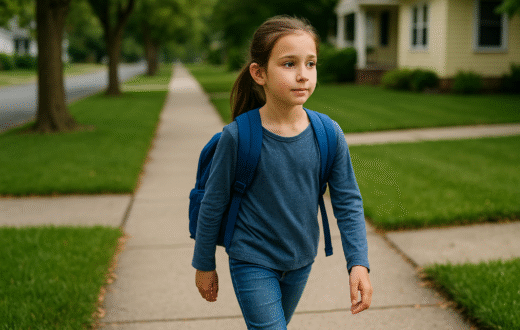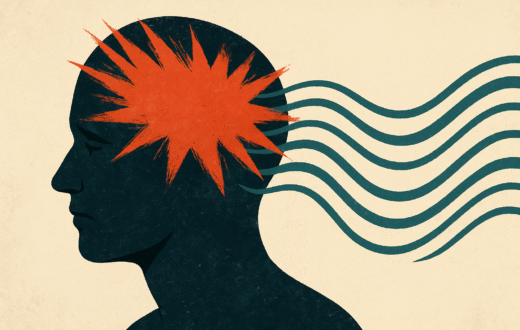Stress in Hair Samples Could Signal Mental Health Risks in Children

A new study from the University of Waterloo suggests that stress levels measured in hair could be a powerful tool for predicting mental health challenges in children living with chronic physical illnesses (CPI).
The research shows that high concentrations of hair cortisol—a hormone linked to stress—may serve as an early indicator for children most at risk of anxiety, depression, and behavioral issues. Identifying these children sooner could allow families and healthcare providers to deliver targeted interventions before problems escalate.
In Canada, nearly 40 percent of children live with a chronic illness, a figure that has been steadily rising for decades. These children are significantly more vulnerable to mental health difficulties compared to their healthy peers, with increased risks of suicidal thoughts, poor quality of life, and higher dependence on healthcare services.
“Daily routines such as taking medication, missing school, or adjusting activities can place a heavy emotional burden on children with chronic conditions,” said Emma Littler, PhD candidate at Waterloo and lead author of the study.
Over four years, researchers tracked 244 children with CPI, measuring their stress through hair cortisol samples. Results revealed that two-thirds had persistently high cortisol levels, and these children were more likely to develop symptoms of depression, anxiety, and emotional distress. In contrast, children whose cortisol decreased over time showed fewer psychological and behavioral problems.
According to co-author Dr. Mark Ferro, hair cortisol provides a non-invasive, simple biomarker that may eventually be used to screen children and assess whether treatments are effectively reducing stress.A related study by the same team also identified inflammatory biomarkers in blood that could predict future mental health outcomes in children with CPI. Together, these findings highlight the potential of biological markers in shaping early, personalized support strategies for vulnerable children.





